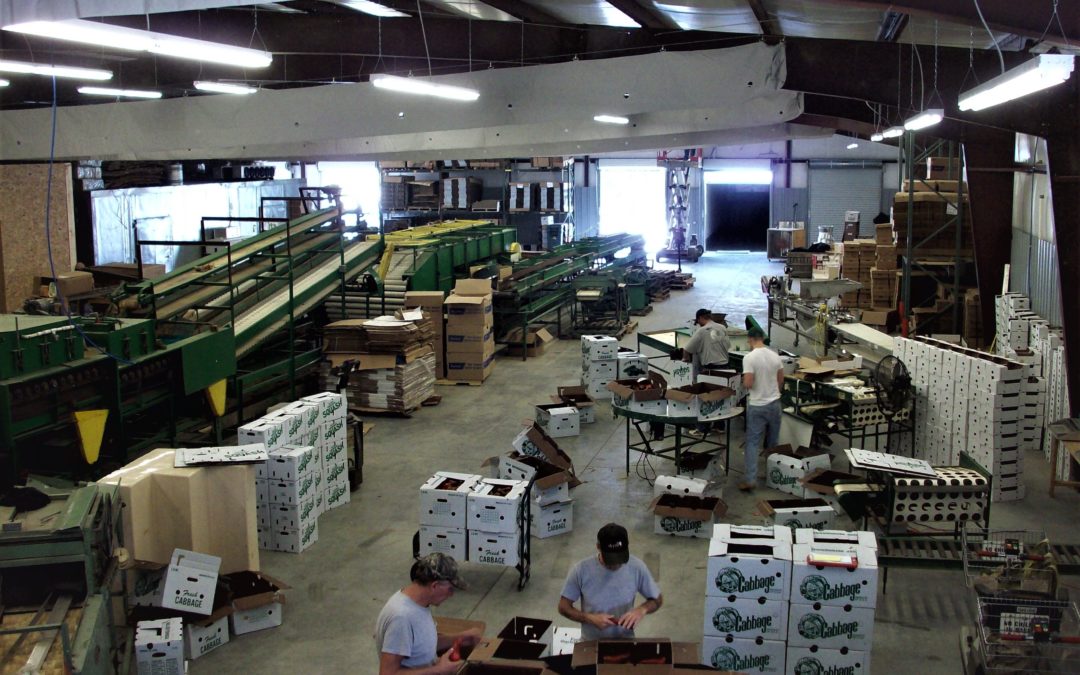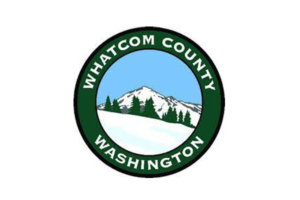New Venture Advisors is privileged to work alongside powerful forces driving progress toward building food systems we can all be proud of. These forces—our collaborators, partners, clients, visionaries—are leaders in changing how we think about food. As a returning feature of our blog, we voice our gratitude and place the spotlight on the people and organizations who are creating valuable, lasting food system impact.
A good food partner we are excited to spotlight is Appalachian Sustainable Development (ASD). For 24 years, ASD has been committed to its mission to transition Appalachia to a more resilient economy and a healthier population by supporting local agriculture, exploring new economic opportunities and connecting people to healthy food. ASD began working in Tennessee and Virginia but has since expanded its service area to include West Virginia, Kentucky, and Ohio. In fact, NVA had the privilege to work with ASD as they developed the Central Appalachian Food Corridor.
ASD continues to be a leader in sustaining rural food systems, leveraging their resources to build the local economy. We caught up with Kathlyn Terry, Executive Director, to learn more about ASD’s current activities and how they are adapting to continue to meet the needs of the community.
The Food Hub
ASD established a food hub in 2000, Appalachian Harvest, to help local farmers transition from growing tobacco to fruits and vegetables by providing services that move their produce into local markets. It remains one of the longest running food hubs to date. To remain competitive, ASD invested in growing the food hub’s capacity to serve large wholesalers. By building a network of partners, ASD now distributes produce from Atlanta, GA to Landover, MD averaging around $3 million in sales annually (with $18 million in sales to date).
The food hub’s continued success stems from ASD’s ability to think holistically about how to compensate for the challenges rural farmers face. For instance, some farmers have limited access to aggregators or do not have the scale of product to work with them. Smaller, rural markets are costly to serve and ASD knew it needed to bring in urban dollars to sustain their fragile economy. Their answer was to create partnerships and key collaborations that would improve and build up the infrastructure needed to connect farmers to markets that otherwise would not be available to them.
Growth for the Future
Transportation is one of the largest limiting factors for small farmers. In Appalachia, farmers have the opportunity to grow a variety of crops throughout the year because of the differing microclimates in the mountains. Even with expanded growing seasons, there is very little infrastructure for distribution, specifically refrigerated storage and transport. For this reason many farmers opt to plant crops that are harvested at one time, such as pumpkins, and sold in bulk so that transportation is arranged only once. These crops are some of the lowest-priced, cutting into the farmer’s profits. ASD’s response has been to invest in improving the distribution system. With access to reliable transportation options, farmers can diversify their crops and plant them continuously. This not only increases their revenue, it improves their cash flow—plus, farmers can practice crop rotation which improves soil quality and reduces pest and disease issues.
To create a long-term sustainable distribution process and expand the number of farmers they support, ASD is exploring options for cost sharing; for example, cost-shares for distribution. A major challenge across the industry is finding CDL operators; there are many unfilled job openings for drivers with a commercial driver license in the United States. Sharing distribution costs among producers on a larger scale would improve routing and margins.
Rural regions across the nation face similar barriers in growing local markets. ASD sees these experiments as examples of trucking and distribution systems that can help rural communities compete with urban dynamics. And this would apply to industries beyond food and agriculture. By sharing knowledge, rural markets can bolster each other.
In an area like Appalachia, Kathlyn believes better opportunities are contingent on the willingness of farmers, distributors, aggregators, investors, and others to collaborate. “Agriculture and food are so ripe for diversification,” she says. In an industry that can be competitive, there are opportunities for counties and regions to work together. Collectively, rural communities can be economic influencers.
For more information visit ASD’s website and learn how you can donate to support local farmers.
(Photo courtesy of ASD of the Appalachian Harvest Food Hub)



